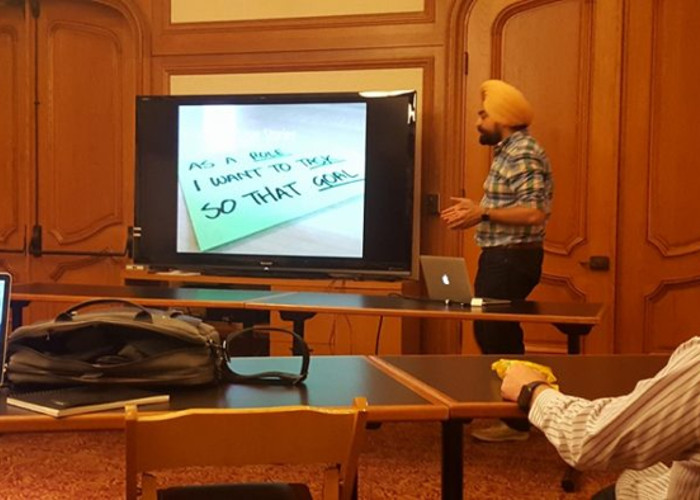City CIOs Understanding Startups
According to Aneri Pattani via CNBC: Cities around the world could spend as much as $41 trillion on smart tech over the next 20 years.
The team at CommunityLogiq agrees with that assessment. After years of practice in the private sector, technology has reached a maturity tipping point. With smart city technology de-risked, mayors are looking to deliver on the promise of cost cutting and better delivery of services.
The article also goes on to explain that “Cities are microcosms of the world, with every type of market available and all of the world’s challenges at play, making them the perfecting testing ground for technological innovation.”
Our model supports this point, as it has been to co-create and co-develop our data analytics solution by working directly with city departments. Cities are open to directly create and procure systems from startups. This is the experience first hand through our participation in San Francisco’s innovative Startup in Residence program
Interestingly, a key challenge among CIO’s is also identified: “Cities say they’re increasingly frustrated by suppliers taking off their department heads one at a time, trying to sell them a widget...Cities are looking for a more comprehensive approach from private partners. They are hoping to install services and products that can be shared across departments. They also want help throughout the process, from installation to outcome.”
The article then goes on to explain that because large vendors such as Microsoft and IBM offer complete solutions, newer companies need to as well to differentiate.
To start small is smart
This is where startups would disagree with City CIO’s and ask them to look inward to see how they can create conditions to positively engage smaller companies and startups. What have we learned working with cities? Also, how can City CIO’s prepare to work with startups and their own internal departments?
Poor options
The reason city department heads are working with startups is because they have become extremely frustrated with the current use of available tools (or lackethereof) to handle decision making and workflows. It is likely that the current options available are caused by past decisions made by City IT. This may also be precipitated by rigid procurement rules.
Startup thinking
Startups are open to help throughout the process of technology adoption, from installation to outcome. In fact, startups tend to treat their city customers as gold and will go above and beyond to make them happy. However, the idea of offering a complete service or solution is generally out of the question.
Startups need to focus and do one or two things really well due to limited resources. It’s also an antidote to traditional systems thinking. They, and city department workers, view large offerings as doing many things poorly and overly priced. Large deployments of traditional systems tend be the root cause of blown IT budgets by government.
Agile scoping
Many City CIO’s are aware of agile methodology for software development. This type of thinking should also be applied to scope planning and system requirements. Building or deploying prototypes to a small set of paying users, and gradually allowing the startup to develop a road map over time, would be a more cost effective strategy.
As a result, it may be wise to start with point solutions for one department that has the potential to grow to other departments. This way, department heads and employees can directly meet their needs while simultaneously laying the groundwork for other departments to participate in the solution in the future.



